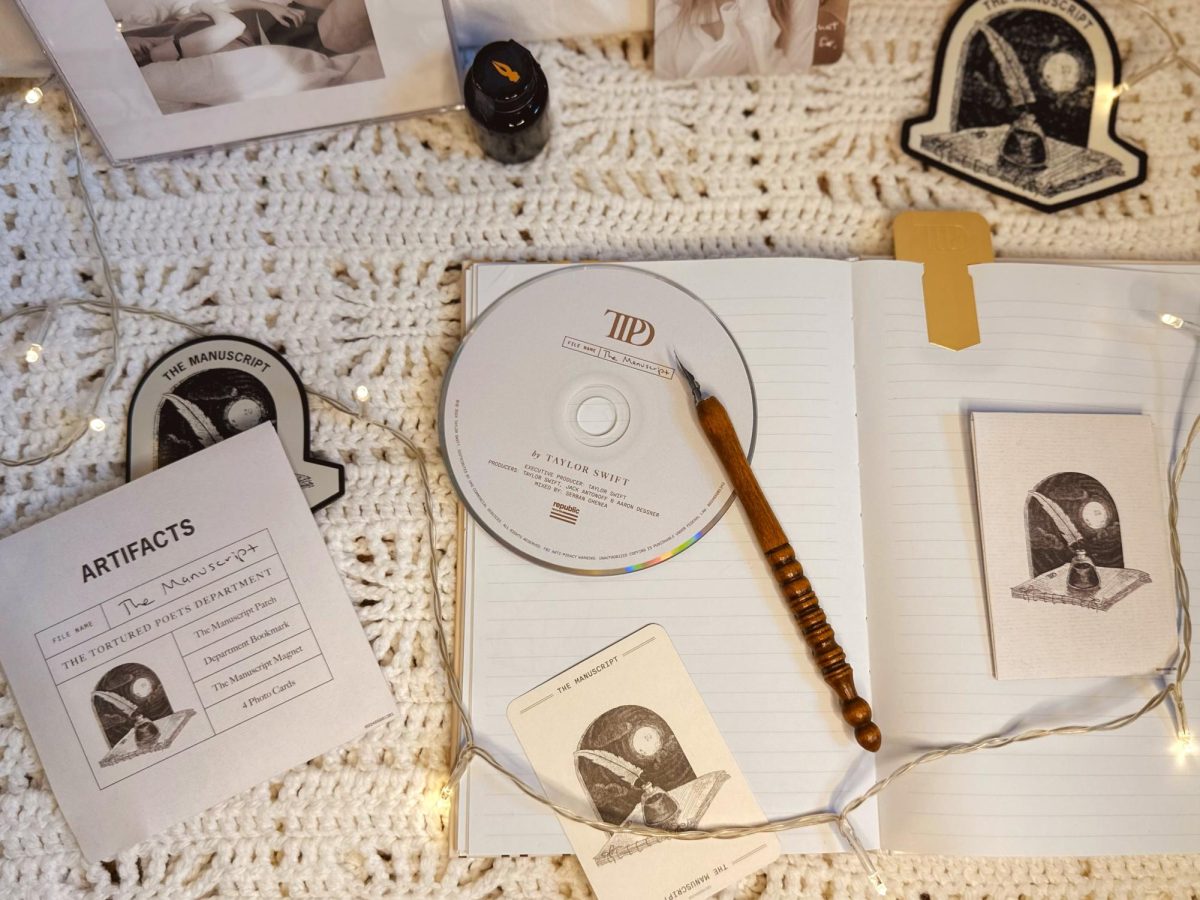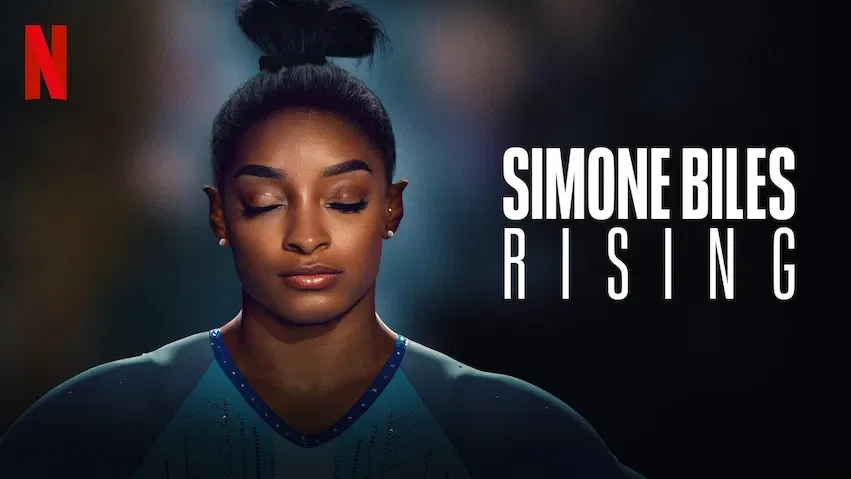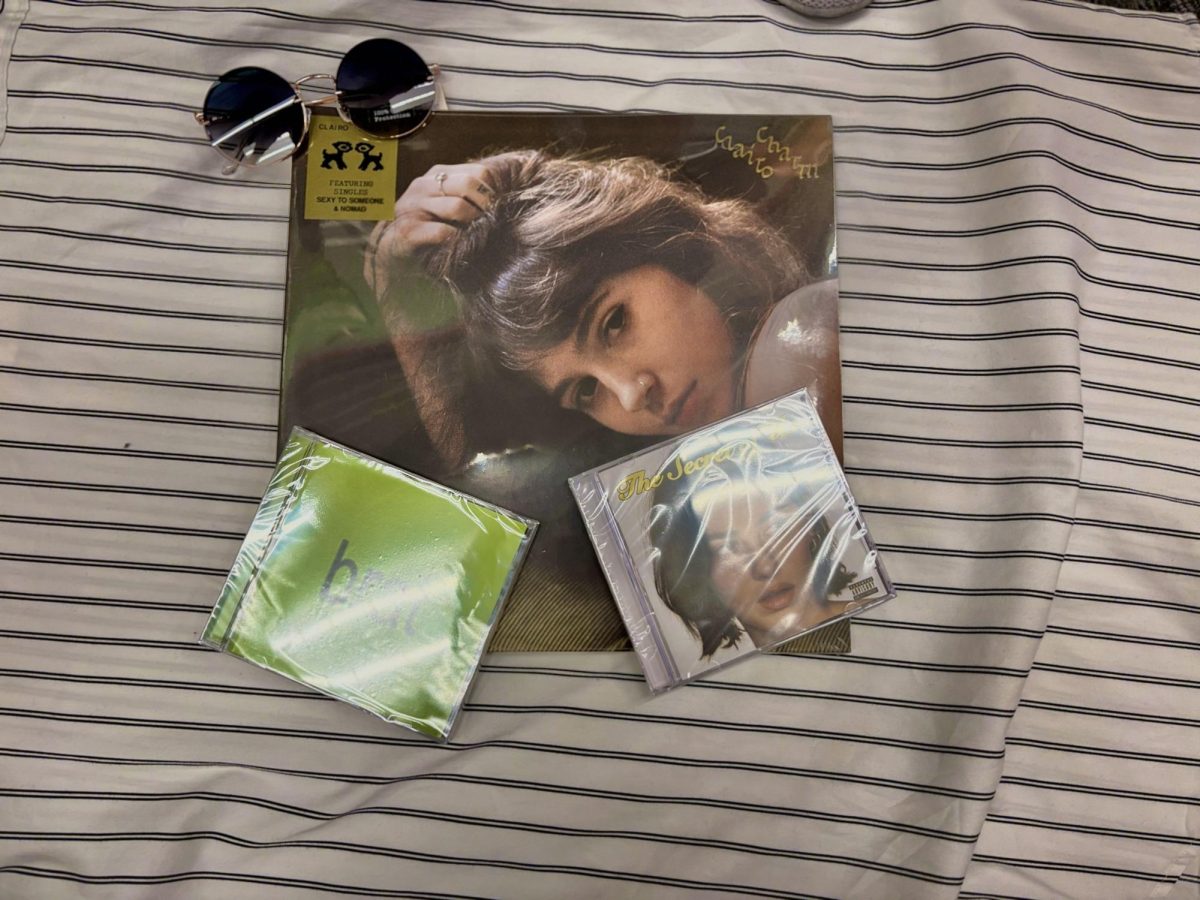Coinciding with the raucously anticipated drop of Taylor Swift’s “Tortured Poets Department” on Friday, April 19th, Hozier released a single titled “Why Would You Be Loved?”
backed visually by footage from his cover shoot for 2019 album “Wasteland, Baby!”. Similarly once again to Taylor Swift, Hozier has been releasing reconstructions and ‘new’ tracks from that period of his career to the public. This song feels, to an avid fan of Hozier, a bit like being thrown backwards in time. It resurrects elements from the “Wasteland, Baby!” era of Hozier’s music which carried a great deal of influence from bluegrass, gospel, and jazz. The lyrics are similar to his more recent tracks, despite the writing process likely beginning around 2019.
The song opens with ramblings about love, feeding into what much of his fanbase adores most about his music. It’s no secret that Hozier has a very comprehensive grasp of how to communicate devotion and yearning through lyrics in a way that does not dehumanize or objectify the subject, and that reputation of humanization, combined with his outspoken activism, has earned him a large following especially within female and queer communities. “Why Would You Be Loved” plays off of the audience’s expectation of adoration with the opening verse. He sings very bluntly and pessimistically in the voice of someone who has perhaps recently been through a breakup and isn’t taking it well, someone harmed deeply by love’s after effects and pragmatically bitter about it.
As it continues, the singer is emphatically focused on things affecting themselves regardless of the strain it puts on others. The pre-chorus disavows trust and generosity for fear of judgment, the second verse blames activism for misfortune and the chorus itself repeats refrains of “why would you be lovin’” and “why would you be loved,” suggesting that the speaker is asking those questions of either themselves or the world, as no object or recipient of accusation is bluntly specified.
Possible interpretations vary from the speaker’s voice being that of a spurned or dumped lover, a worn observer of the world’s events, or an articulation of the artist’s own personal sentiments. The latter seems unlikely given his record for activism, which he shames a bit in the song, but it’s a possibility. Self-centering lyrics imply it being inspired by the concept of pride, which would group it with Hozier’s recent works inspired by Dante’s Inferno, but the visuals for the lyric video imply that it is likely its own work, or just originates from “Wasteland, Baby!”.
Overall, this addition to Hozier’s discography isn’t groundbreaking, but it is comforting for those already familiar with Hozier’s style. The instrumental aspect is decent, with a stomp-clap percussion and bass guitar laying out the rhythm for a relatively uncomplicated chord progression on organ, which is an interesting choice because of the instruments’ religious connotation. Given Hozier’s history with religious commentary, it is unlikely that this choice was meaningless. “Why Would You Be Loved?” is a bit unimpressive lyrically, leaving its message obscure and the metaphors a tad lacking, but it gives the impression that the message it leaves is likely more important than the composition. However, good composition serves to enhance a piece’s message, so it would have been worth the effort to be more clear. Hozier has seen booming success from his release of “Too Sweet” which topped charts the week after it dropped with his ‘Unheard’ EP and has continued to be relevant on radio channels and streaming services across the country since. The goal of releasing “Why Would You Be Loved?” probably had more to do with dropping something for audiences who were already energized by that track’s success as well as Taylor Swift’s album release and delivering an underlying message for the public, which it achieves.
































































































